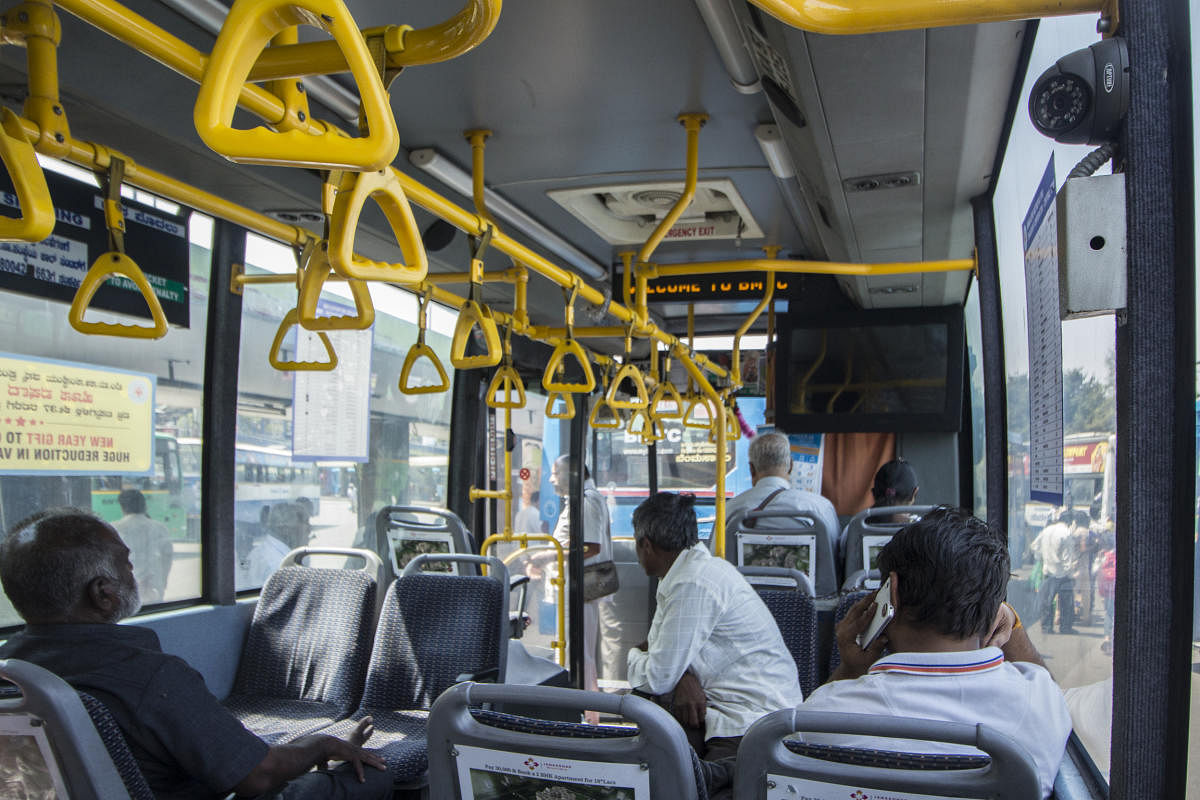
High operation costs and low revenues have forced the BMTC to scale down AC bus services in the city. It’s now running only 150 such buses as against the 760 before the pandemic.
Officials say the daily revenue of the public transporter has fallen from Rs 3.5 crore to Rs 2.5 crore while the revenue from AC buses is less than 30% of what it was in 2019.
The revenue from air-conditioned Volvo buses had dropped considerably even before the pandemic after operation costs rose due to the rise in diesel prices. At present, the BMTC spends Rs 80 per km to run an air-conditioned bus but earns Rs 60 per km or even less in Vajra services. On the airport route, the earning per kilometre is at Rs 70.
“The biggest blow has been from dedicated services, which used to bring us Rs 5 crore revenue per month. It has come down to Rs 1 lakh per month,” an official said.
The BMTC has about 6,600 buses, including 862 Volvo buses. Before the pandemic, it had deployed 620 buses mainly in the IT corridors (Vajra) and about 120 on the airport route (Vayu Vajra).
“Only the non-AC buses have seen progressive increase in the ridership. As a result, about 5,200 non-AC buses are being run, which is just 200 shy of the number deployed before the pandemic,” an official said.
Dedicated bus services on predefined routes to IT parks, including Manyata Tech Park, ITPL and other parks in East and Southeast Bengaluru. “It was a win-win situation. For the BMTC, it was a pick-up and drop service, and we ran buses on on busy routes like Electronics City. Companies trusted us for safety and passengers liked the services,” an official said, adding almost all the dedicated services were AC buses.
Chartered services (leasing of buses) earned the BMTC Rs 2.5 crore per month, which has now come down to Rs 1 crore.